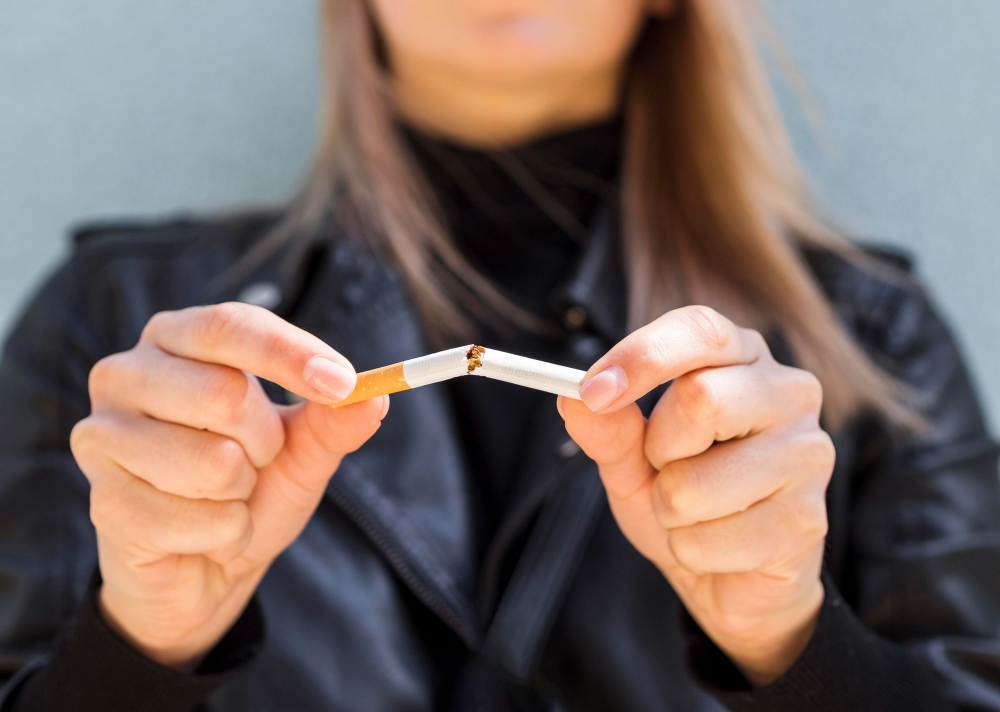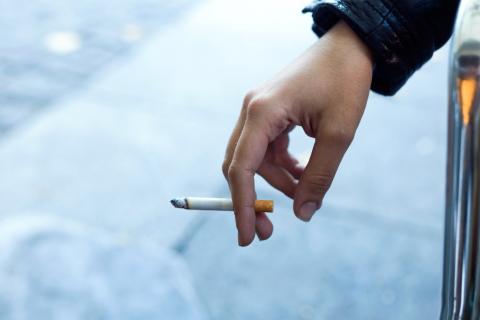Banning tobacco among young people would prevent more than a million deaths from lung cancer
If lifetime tobacco consumption were banned among young people currently aged 14 to 18, 1,200,000 lung cancer deaths worldwide could be prevented in the future, according to a study with Spanish involvement published in the journal The Lancet Public Health. The greatest impact would occur in low- and middle-income countries, but in higher-income regions, more than 60% of lung cancer deaths in that age group would also be avoided.

Josep Maria Suelves - prohibir tabaco jóvenes EN
Josep Maria Suelves
Researcher at the Behavioural Design Lab at the UOC eHealth Centre, member of the board of directors of the Public Health Society of Catalonia and the Balearic Islands, and vice-chairman of the National Committee for the Prevention of Smoking
What would happen if we were able to protect all those born between 2006 and 2010 worldwide from the influence of the tobacco industry, ensuring they never started smoking? A new study published in Lancet Public Health estimates the impact of preventing generations born in that period—children and adolescents who will turn 18 before 2029—on lung cancer mortality. Based on the models used, the authors conclude that this scenario would prevent 1,186,500 premature deaths from lung cancer, which represents the number of today's teenagers who will die from this cause in the future if they continue taking up smoking at the current rate.
While lung cancer is not the only disease caused by tobacco and nicotine products, the results of this study help us understand why smoking continues to be one of the leading preventable causes of poverty, suffering, and loss of health worldwide, causing eight million deaths annually. Throughout the 21st century, the World Health Organization and numerous states have begun implementing tobacco prevention and control policies, which have shown positive results in some countries. The most advanced of these nations are beginning to consider the possibility of limiting access to tobacco for those born after a certain date.
Envisioning a new phase in public health policies to create the first tobacco-free generations—known as the End Game—is neither a fantasy nor something that can be left solely to the effectiveness of banning tobacco sales to those born after a certain date. It requires continuing to push other well-proven measures, such as increasing tobacco product prices, introducing plain packaging, expanding smoke-free spaces, and regulating new tobacco and nicotine products, which multinational tobacco companies are using to hook new adolescent addicts. In Spain, where tobacco causes over 50,000 deaths annually, most of these measures are necessary and should urgently be implemented as the scientific community has been calling for and as public institutions have been announcing.
Julia Rey Brandariz et al.
- Research article
- Peer reviewed
- People
- Modelling



